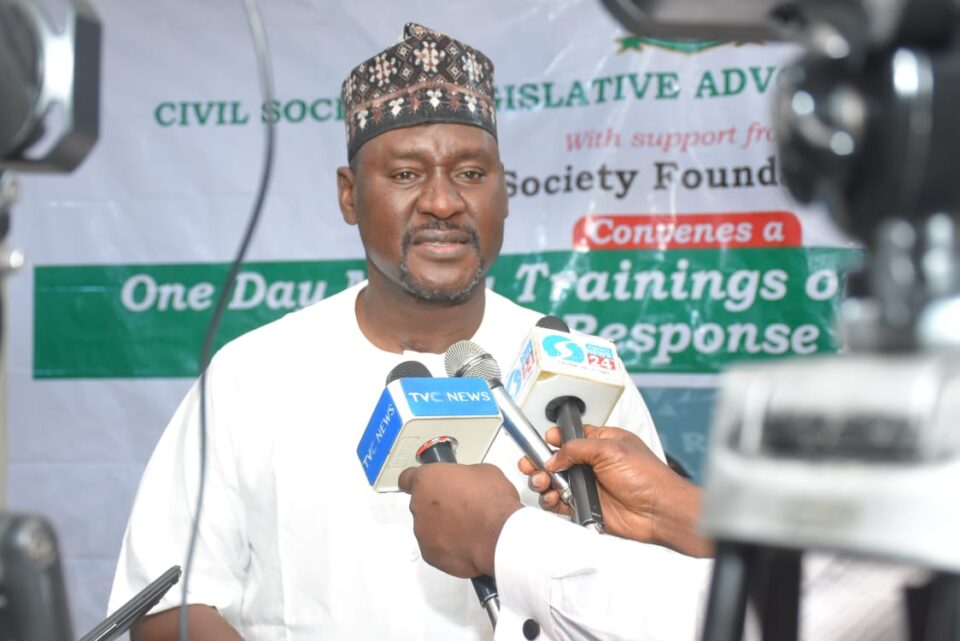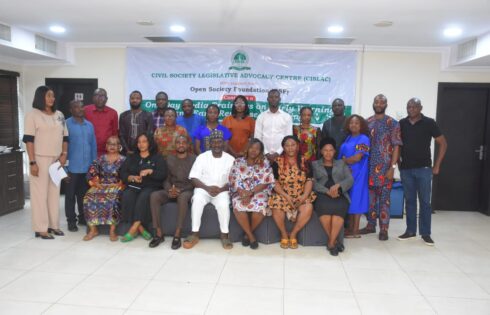
How to Enhance Early Warning, Conflict Prediction – Experts
Effective Early Warning System must take into cognisance sufficient data gathering and collection, proactive signal analysis, effective communication and response through bias-free, factual and verifiable information presentation.
This was the view of experts at a ‘One-Day Capacity Building for Community Observers and Response Networks on Early Warning and Early Response”, in Lagos State.
The event was organized by the Civil Society Legislative Advocacy Centre (CISLAC), with support from Open Society Foundation Africa (OSF-AFRICA).
It was aimed at building the capacity of community observers within the state for more collaboration, communication, coordination and collective support for early warning and conflict prediction mechanisms, which are central in conflict prevention.
The capacity-building training had a technical session with a presentation titled: “Building Resilience in Communities through Effective Early Warning Systems,” by Ms. Patience Ikpeh Obaulo.
It was attended by over 20 participants, including Community Observers and Civil Society groups.

The experts, in a communique issued at the end of the event, said that an efficiently-managed conflict, through a well-institutionalized Early Warning Early Response mechanisms and process, stimulates interest, improves positive communication, elicits social change and all-inclusive benefits.
They said that unattended gender disparity and inherent discrimination enabled by systemic and other socio-cultural barriers in the Early Warning system, delays inclusive information gathering to assist adequate Response to conflict signals at all levels.
“Delayed response by relevant authorities coupled with inadequate intelligence information gathering structures on Early Warning signals hinder conflict de-escalation effort at community levels.
“Key indicators in Early Warning signal such as vote-buying, protests, hate speeches, cultism, gangsterism, human rights abuses, small arms proliferation, discriminate destructions may degenerate to major conflict in absence of proactive Early Warning Early Response system,” they added.
The experts, in their communique signed by Auwal Ibrahim Musa (Rafsanjani), Executive Director of CISLAC; Treasure Uchegbu
Convener, Speaking Fingers Network and Odeyemi Richarge,Lagos State Safe School Technical Working Group, offered some recommendations.
They advocated building community resilience to activate synergy, preparedness and harness internal/external mobilized resources in support of Early Warning and Early Response mechanisms.
“Also need is gender sensitivity and multi-stakeholders’ involvement in Early Warning mechanisms and process, to elicit all-inclusive and comprehensive response by relevant authorities.
“Equally important is the mainstreaming of Early Warning awareness and sensitisation into extra-curricular activities in schools’ system to guide socialisation process, reduce tension, positively shape orientation and encourage peaceful co-existence among students,” they noted.
